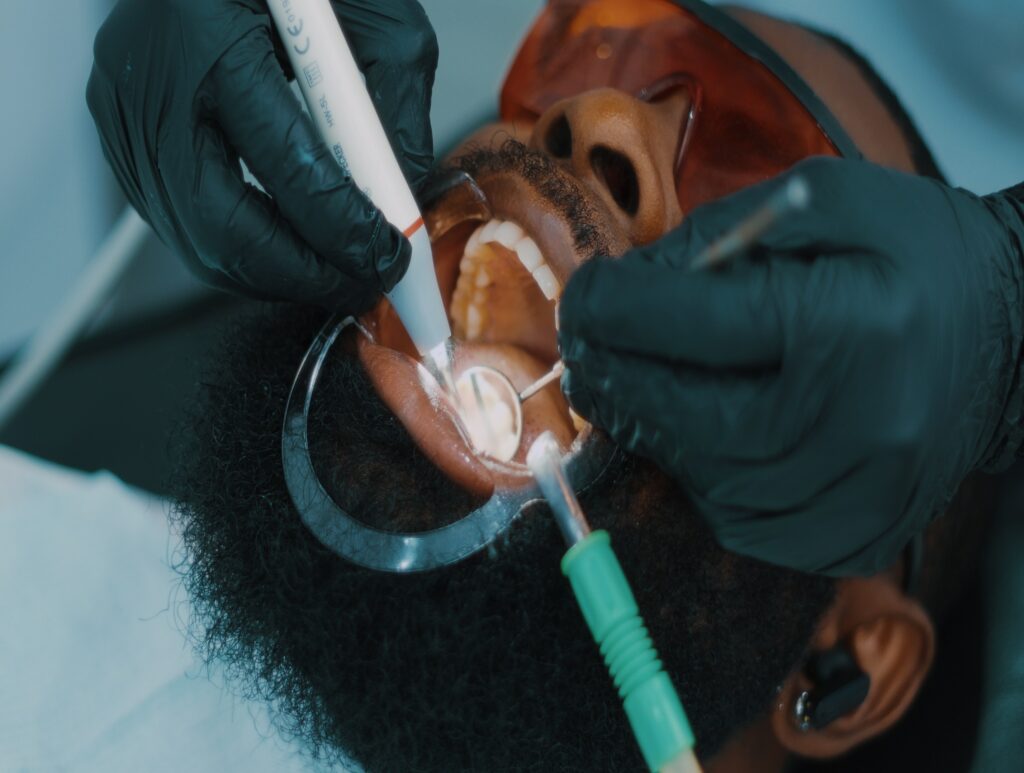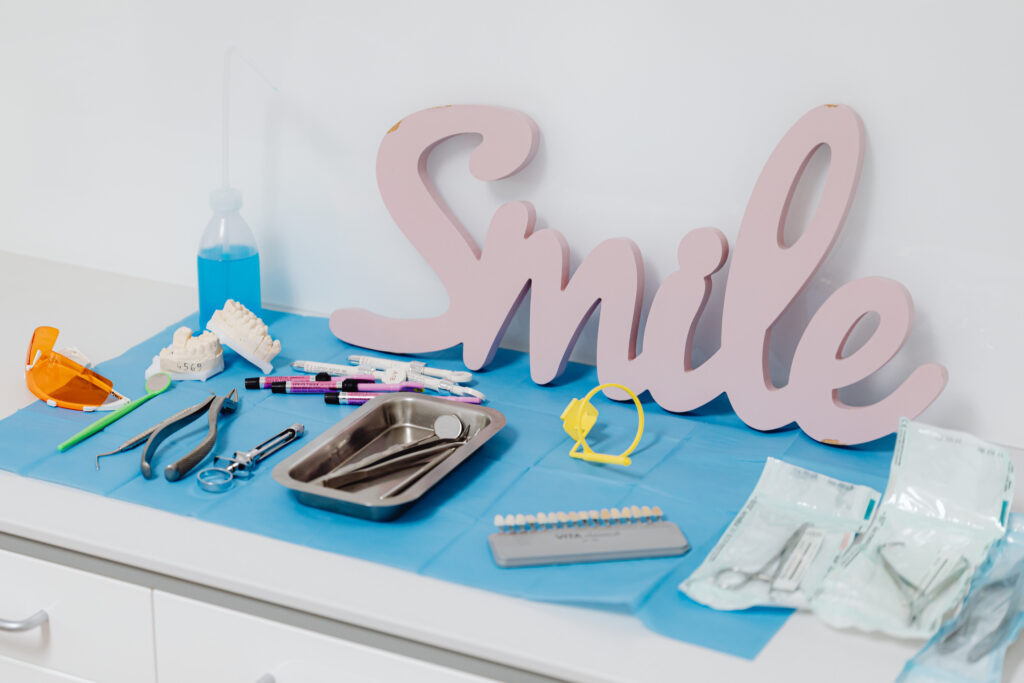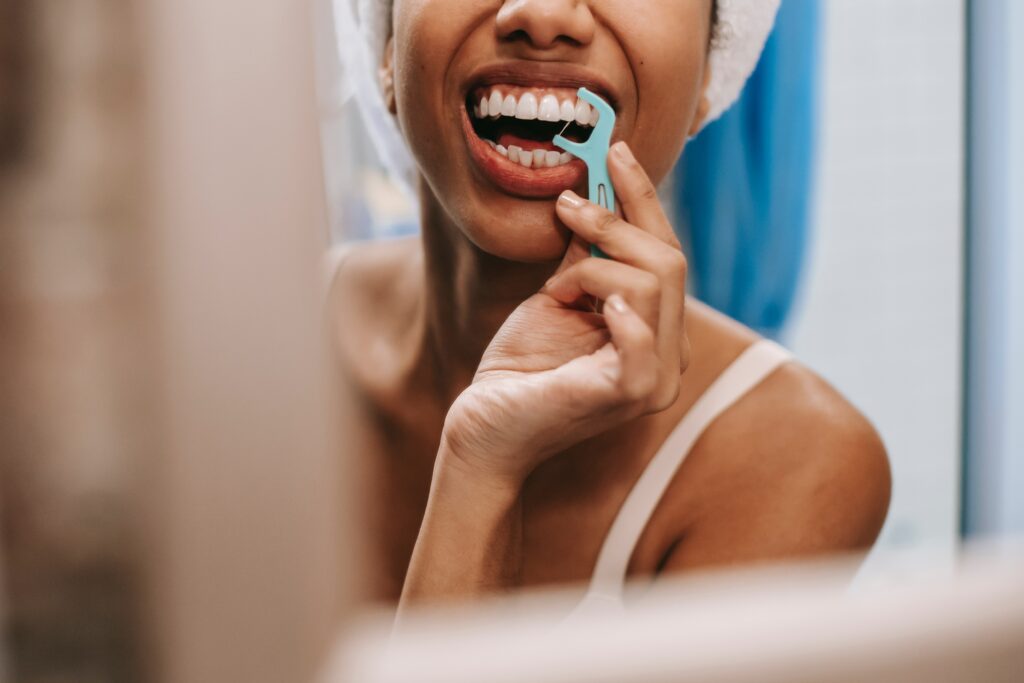
Oral health plays a vital role in our overall well-being, yet there are several misconceptions and myths surrounding dental care. As a general dentist, I believe it’s crucial to address these misunderstandings and provide accurate information to promote better oral hygiene practices. In this blog post, we will debunk some common dental myths and shed light on the truth behind them.
Myth 1: “I don’t have any symptoms, so I don’t need to visit the dentist.”
One of the most prevalent dental myths is the belief that regular dental check-ups are unnecessary unless you’re experiencing pain or noticeable problems. The truth is, many dental issues, such as cavities and gum disease, may not exhibit symptoms in their early stages. By the time you notice pain or discomfort, the problem may have already progressed, leading to more extensive and costly treatments. Regular dental visits every six months allow your dentist to detect and treat any issues early, preventing further damage and ensuring optimal oral health.
Myth 2: “Brushing harder and more frequently will yield better results.”
Contrary to popular belief, aggressive brushing and excessive frequency can do more harm than good. Brushing too hard can wear down enamel, lead to tooth sensitivity, irritate and erode your gums. Instead, use a soft-bristle toothbrush with gentle, circular motions to clean your teeth effectively. Aim for brushing at least twice a day, but not immediately, wait at least 30 minutes after consuming acidic foods or beverages, as it can weaken the enamel. Remember, it’s the technique and consistency that matter, not brute force.
Myth 3: “I don’t need to floss if I brush regularly.”
Brushing alone cannot reach all the areas between your teeth and along the gumline, which is why flossing is crucial. Flossing removes plaque and food particles from these hard-to-reach areas, reducing the risk of cavities and gum disease. Incorporate flossing into your daily oral care routine, making sure to gently glide the floss between your teeth and curve it around each tooth. If traditional flossing is challenging, alternatives like interdental brushes or water flossers can be just as effective.
Myth 4: “Sugar is the sole cause of cavities.”
While it’s true that sugar can contribute to tooth decay, it is not the sole culprit. Cavities are caused by a combination of factors, including poor oral hygiene, frequent snacking, acidic foods and drinks, and bacteria in the mouth. Limiting your sugar intake and practicing good oral hygiene habits, such as brushing, flossing, and regular dental check-ups, are crucial for cavity prevention. Also, be mindful of hidden sugars in processed foods and drinks, as they can also contribute to dental issues.
Myth 5: “Whitening toothpaste can give me a Hollywood smile overnight.”
Whitening toothpaste can help remove surface stains and brighten your smile to some extent, but it cannot drastically change the colour of your teeth overnight. Professional teeth whitening procedures, performed under the supervision of a dentist, are more effective in achieving noticeable and long-lasting results. If you’re considering teeth whitening, consult your dentist to determine the most suitable and safe option for your specific needs.
Remember, regular dental check-ups, proper brushing and flossing techniques, and a well-balanced diet are the keys to maintaining a healthy smile. If you have any questions or concerns about your oral health, don’t hesitate to reach out to your dentist. Together, we can ensure a lifetime of optimal oral health and a bright, confident smile!




